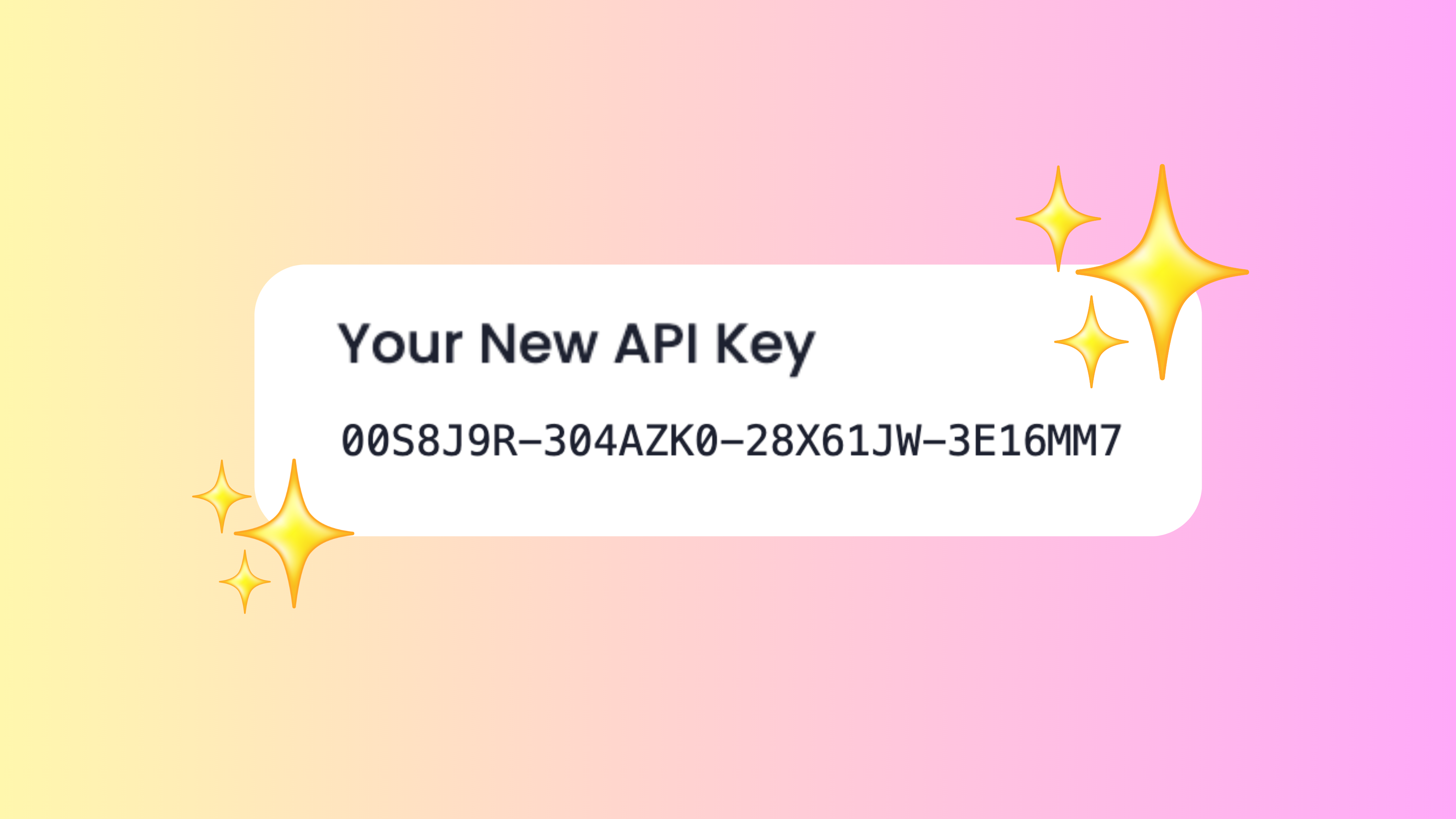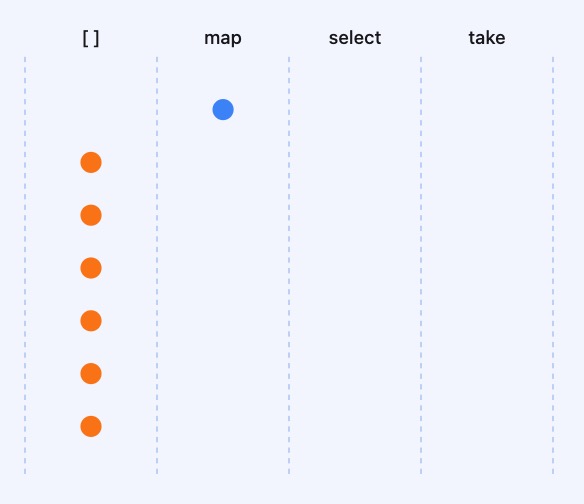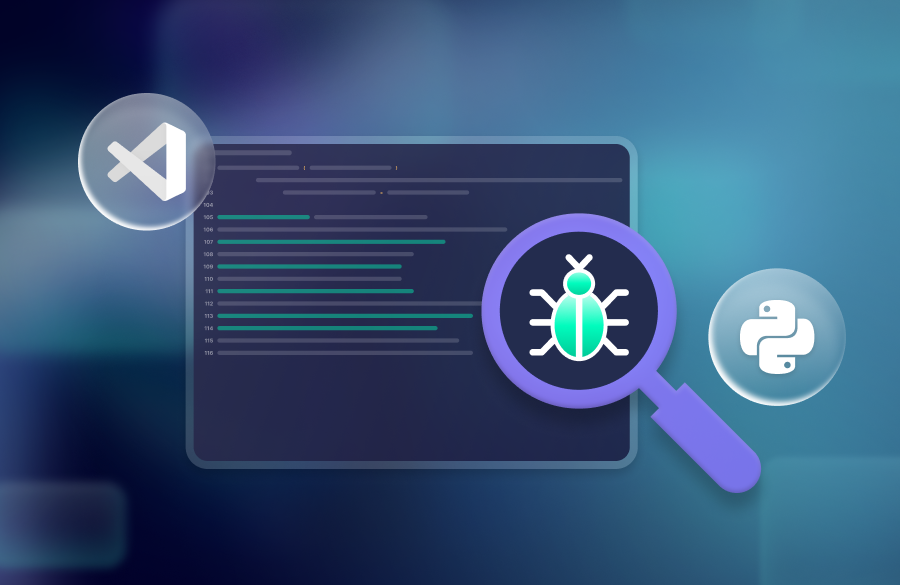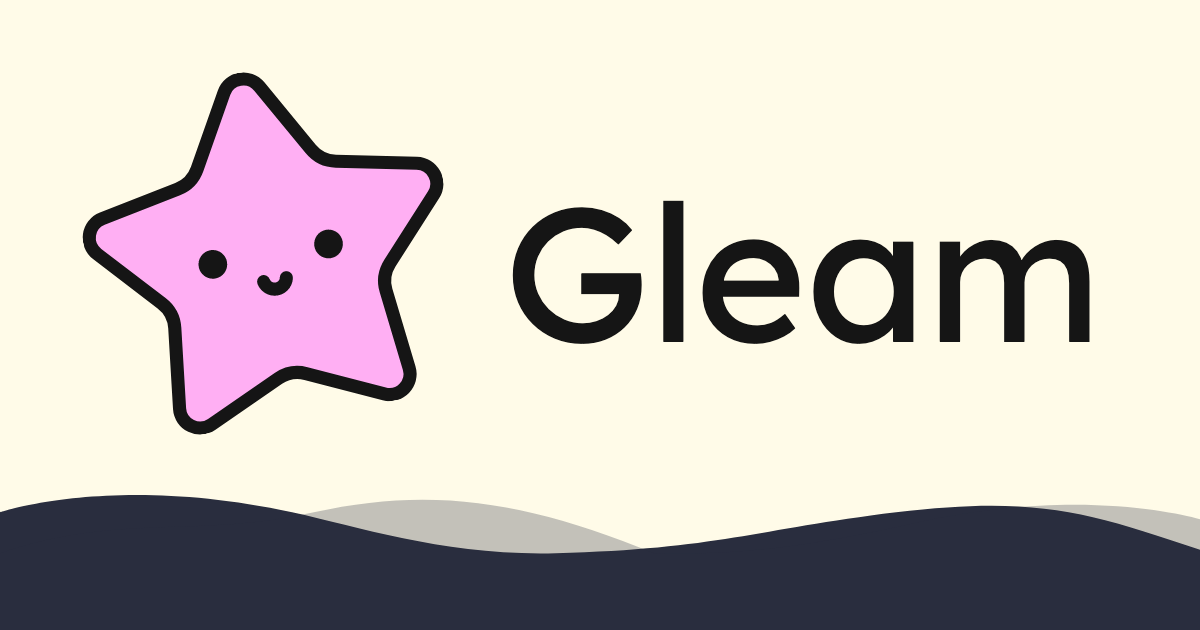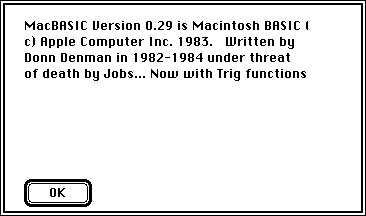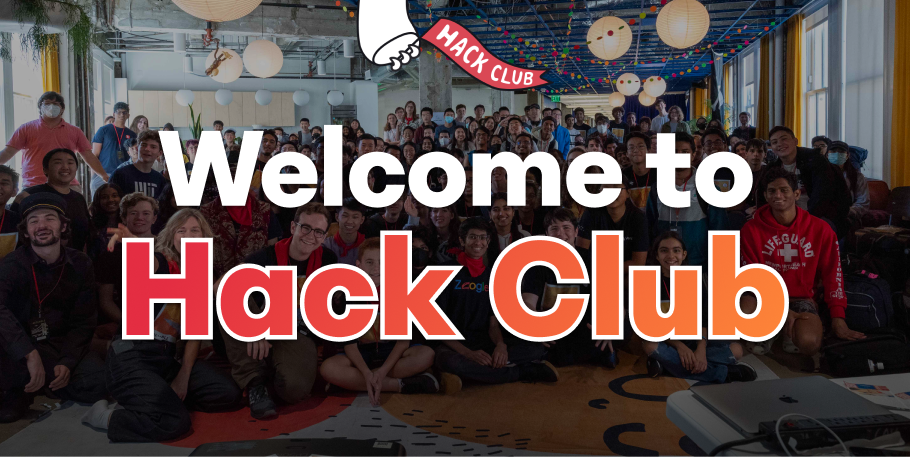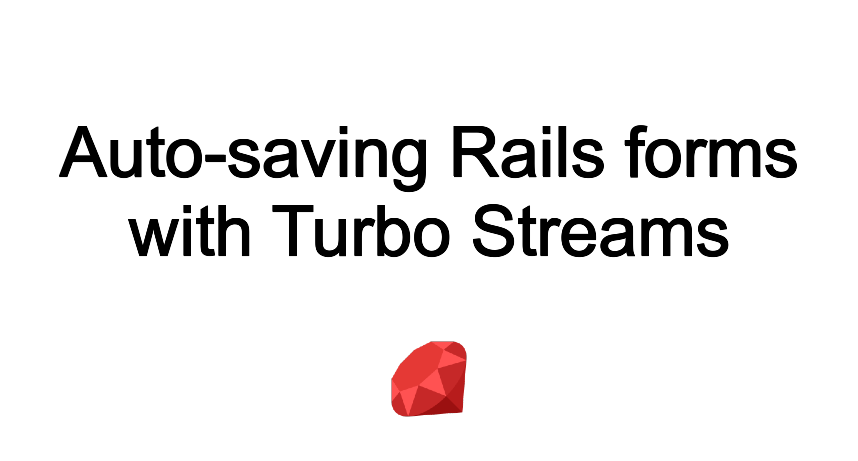Boulette: Accidental Server Shutdown Prevention
Late-night coding, you instinctively type `shutdown -h now`, only to realize you've shut down your production server instead of your local machine! Enter Boulette, a tool that prevents accidental shutdowns and other dangerous commands by prompting for confirmation. Customize the challenge type – requiring a hostname, random numbers, or characters – before execution. It's particularly useful for SSH sessions and offers easy alias creation for enhanced server management security and convenience.
